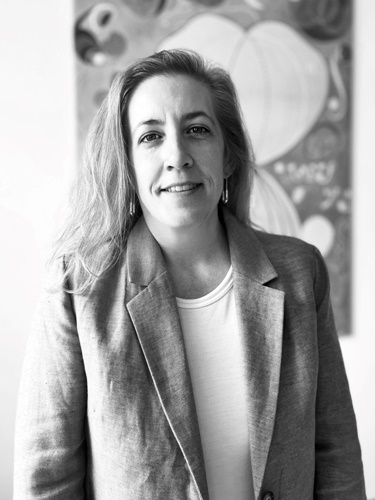
(Photo: Emily MacKenzie)
Principal Investigator
Prof. Dr. Simone Derix
Simone Derix holds the Chair of Modern and Contemporary History at the Friedrich-Alexander-Universität Erlangen-Nürnberg. Her research focuses on transnational actors, networks, transfers and perceptions in the 20th century.
Within Conflicts.Meanings.Transitions she leads a sub-project on the interpretations of the Nuremberg Trials in the global South and the repercussions of these interpretations in Europe. She is co-editor of the online portal “Quellen zur Geschichte der Menschenrechte,” the series “Studien zur Internationalen Geschichte,” and the journal “Historische Anthropologie.”
RESEARCH AREAS
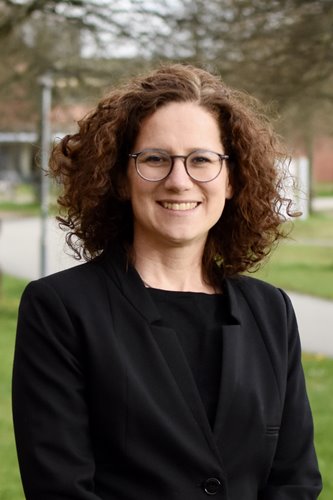
(Photo: Niklas Reinhart)
Principal Investigator
Dr. Julia Eichenberg
Dr. Julia Eichenberg is a Freigeist Fellow and lectures in Modern European History at the University of Bayreuth. Her research combines Eastern and Western European history as well as a history of international cooperation with the study of war and violence.
Within Conflicts.Meanings.Transitions she is Principal Investigator (PI) of a sub-project on paramilitary violence after World War I as well as, together with Prof. Dr. Jana Hönke, a sub-project on corporate responsibility for colonial violence. In addition, she is PI of the London Moment project (2014-2023, Volkswagen Foundation), and spokesperson of the German Association for Historical Peace and Conflict Research (AKHF).
Research Areas
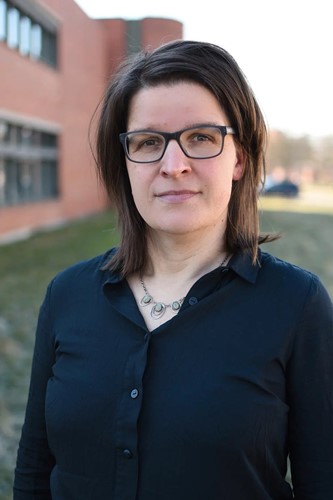
(Photo: Niklas Reinhart)
Principal Investigator
Prof. Dr. Jana Hönke
Jana Hönke holds a chair at the University of Bayreuth with a focus on Global Political Sociology and Peace and Conflict Studies. Her research addresses how governance practices are exercised and contested.
In Conflicts.Meanings.Transitions she co-leads a sub-project with Dr. Julia Eichenberg on corporate responsibility for colonial violence. She is also the director of INFRAGLOB (ERC), a sub-project within Postcolonial Hierarchies (BMBF), and the DFG project Crafting the Space to govern. Furthermore, Jana Hönke is Deputy Spokesperson of the Bavarian Scientific Alliance for Peace, Conflict, and Security Research, founder of the UBT Peace and Conflict Research Network, and member of the Institute for Peace Research and Security Policy Hamburg (IFSH).
Research Areas
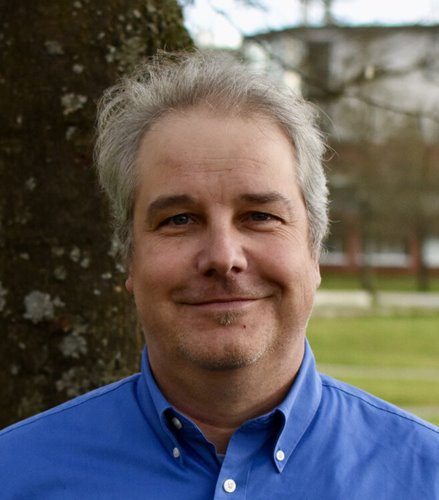
(Photo: Niklas Reinhart)
Co-Coordinator
PD Dr. Florian Kühn
Florian Kühn is a coordinator of the BMBF-funded research network Conflicts.Meanings.Transitions. He has more than two decades of experience in studying violence and its political organisation, within the state or outside state structures. His research mainly focuses on the interactions of “local” social orders and international interventions.
Research Areas
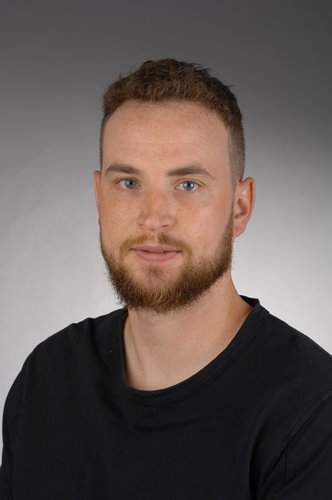
Research associate
Johannes Lehmann, M.A.
Johannes Lehmann is a research associate in the Department of Modern and Contemporary History at the University of Augsburg. His research focuses, among other things, on the history and post-history of the National Socialist concentration camps. Together with Prof. Dietmar Süß, he is working on the sub-project “Politik der Versöhnung: Kirchen, Religion und Diktaturbewältigung nach 1945”.
Research Areas
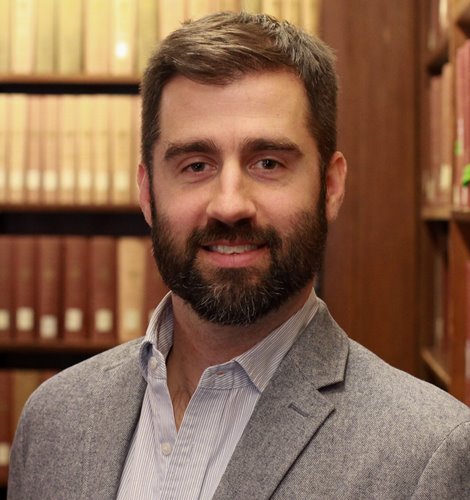
Research associate
Dr. Bretton (Bret) McEvoy
Bret is a political scientist with a focus on international relations and peace and conflict studies. His research addresses how political actors interpret their roles in histories of injustice and engage their consequences through projects of accountability, denial and resistance.
In Conflicts.Meanings.Transitions he examines the entangled corporate responsibilities of arms manufacturers in (post)colonial violence.
Research Areas
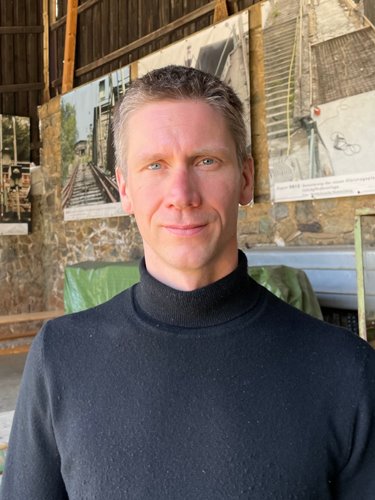
Research associate
Dr. Christian Methfessel
Christian Methfessel is a research fellow at the Institute of Contemporary History Munich-Berlin (IfZ). His research focuses on the history of the international order since 1945.
In “Deutungskämpfe im Übergang” he is working on the sub-project “Menschen, Rechte, Identität(en). Die jugoslawischen Nachfolgekriege und gesellschaftliche Deutungskämpfe im Europa der frühen 1990er Jahre.” In addition, he is working on a project on the history of annexations and secessions in the age of the global Cold War.
Research Areas
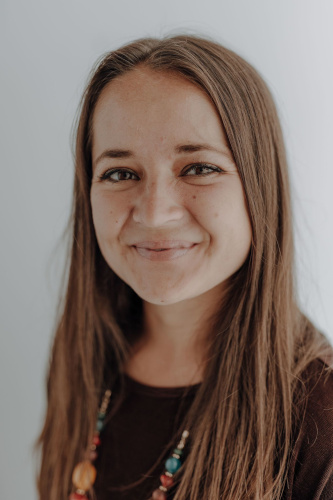
Research associate
Christina Pauls, M.A.
Christina Pauls is a research associate at the Department of Political Science, Peace and Conflict Studies at the University of Augsburg. Her doctoral dissertation deals with post- and decolonial critiques of the dominant concept of peace and explores them in the context of interpretive struggles over collective memory.
Research Areas
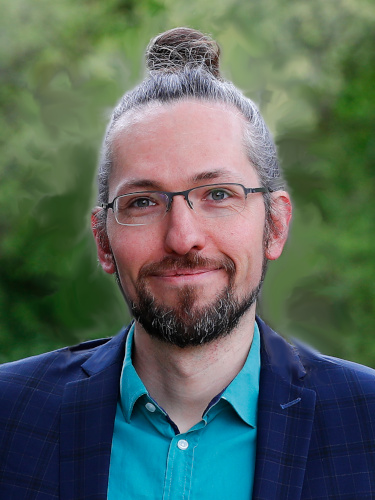
(Photo: Peter Kolb)
Co-Coordinator
Dr. Jan Sändig
Jan Sändig is a research associate at the Chair for Sociology of Africa (University of Bayreuth) and co-coordinator of Conflicts.Meanings.Transitions.
His research centers on non-violent protest and armed resistance, particularly in Western and Central Africa. Employed within the INFRAGLOB project at Bayreuth, he focuses on local and transnational protests against mining in Africa.
Reseach Areas
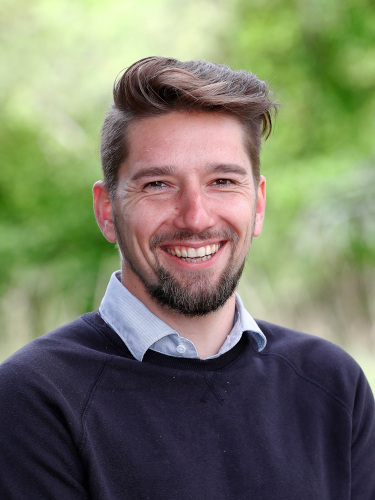
(Photo: Peter Kolb)
Research associate
Alexander Schwarz, M.A.
Alexander Schwarz is a research associate at the University of Bayreuth. His research interests focus on nationalism, anti-Semitism and the Freikorps.
In the research project, he is part of the thematic field “violence”. Supervised by Dr. Julia Eichenberg, he is examining the suppression of the Munich Soviet Republic. The study focuses on the question of why the (Franconian) Freikorps and government troops unleashed violence in Munich in May 1919, which has since been known as the “White Terror”.
RESEARCH AREAS
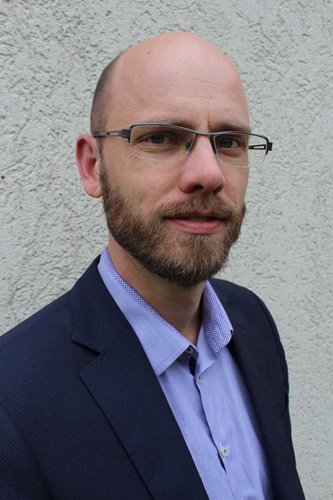
Research associate
Dr. Daniel Stahl
Daniel Stahl is a research associate at the Department of Modern and Contemporary History. He researches how legal norms were negotiated and enforced internationally and transnationally in the 20th century.
In his subproject, he focuses on the significance of the Nuremberg Trials for transatlantic interpretive struggles for peace and justice. Using the Argentine-German example, he asks how references to “Nuremberg” shaped the interpretation of past experiences of violence in Argentina and how they affected the German discussion of the Nuremberg Trials.
RESEARCH AREAS
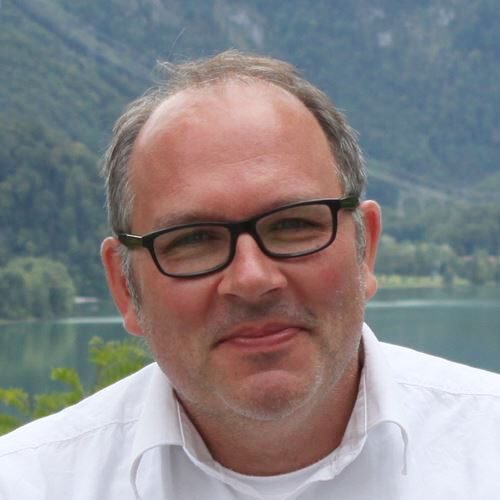
Principal Investigator
Prof. Dr. Dietmar Süß
Dietmar Süß is Professor of Modern and Contemporary History at the University of Augsburg. His research deals, among other things, with experiences of violence in the 20th century. Together with Johannes Lehmann, M.A., he leads the sub-project on the “Politik der Versöhnung: Kirchen, Religion und Diktaturbewältigung nach 1945”.
RESEARCH AREAS
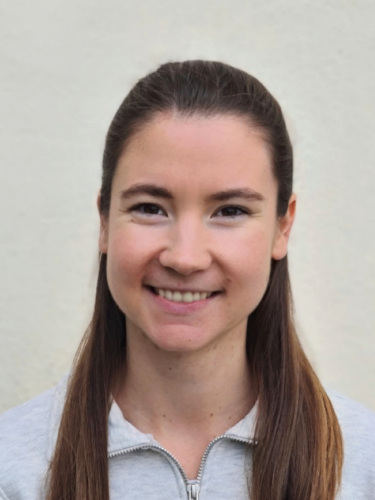
(Photo: Anna Weichmann)
Research associate
Anna Weichmann, M.A.
Anna Weichmann is a research associate at the Chair of Modern and Contemporary History at the University of Augsburg. Her research focusses on the aftermath of National Socialism and right-wing extremism. Together with Prof Dietmar Süß, she is working on a sub-project on ‘Meaning contestations over public space’.
Research areas
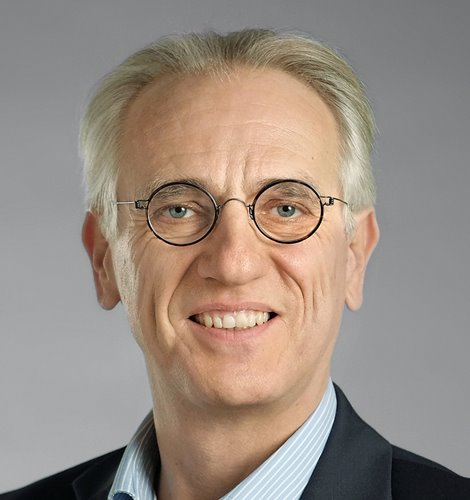
Principal Investigator
Prof. Dr. Christoph Weller
Christoph Weller is head of the Department of Political Science, Peace and Conflict Studies at the Faculty of Philosophy and Social Sciences at the University of Augsburg. His research focuses on conflict research, especially its methodology and practice orientation, among others related to communal conflict transformation, epistemologies of peace and participatory conflict research.
In the research network, he is primarily concerned with problems of social science peace and conflict research as well as theoretical-conceptual questions of interpretive struggles. In addition, he conducts research on the emergence and development of peace and conflict research in Germany.
Research Areas
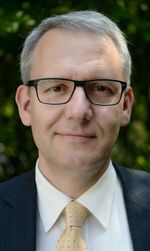
Principal Investigator
Prof. Dr. Andreas Wirsching
Andreas Wirsching is Director of the Institute of Contemporary History Munich-Berlin (IfZ) and holds the Chair of Modern History at the Ludwig-Maximilians-Universität Munich. His research focuses, among other things, on globalization as well as German and European history in the 20th and 21st centuries.
He is a member of the Bavarian Academy of Sciences and Humanities and is, among other things, a member of the scientific advisory board of the House of European History in Brussels. In addition, he is one of the main editors of the edition “Akten zur Auswärtigen Politik der Bundesrepublik Deutschland” (AAPD), compiled by the IfZ on behalf of the German Foreign Office.
In “Interpretive Struggles in Transition” he leads the IfZ-based sub-project “Menschen, Rechte, Identität(en). Die jugoslawischen Nachfolgekriege und gesellschaftliche Deutungskämpfe im Europa der frühen 1990er Jahre”.
Research Areas

Research associate
Dr. Michaela Zöhrer
Michaela Zöhrer is a postdoctoral researcher at the University of Augsburg, Chair of Political Science, Peace and Conflict Studies. The diploma sociologist and doctor of social science focuses her current research on contemporary struggles over meaning in the area of conflict between identity politics and universalistic promises of participation.
In the BMBF-funded research network, she is also jointly responsible for the area of academic and political education and is involved in the promotion of young academics.

